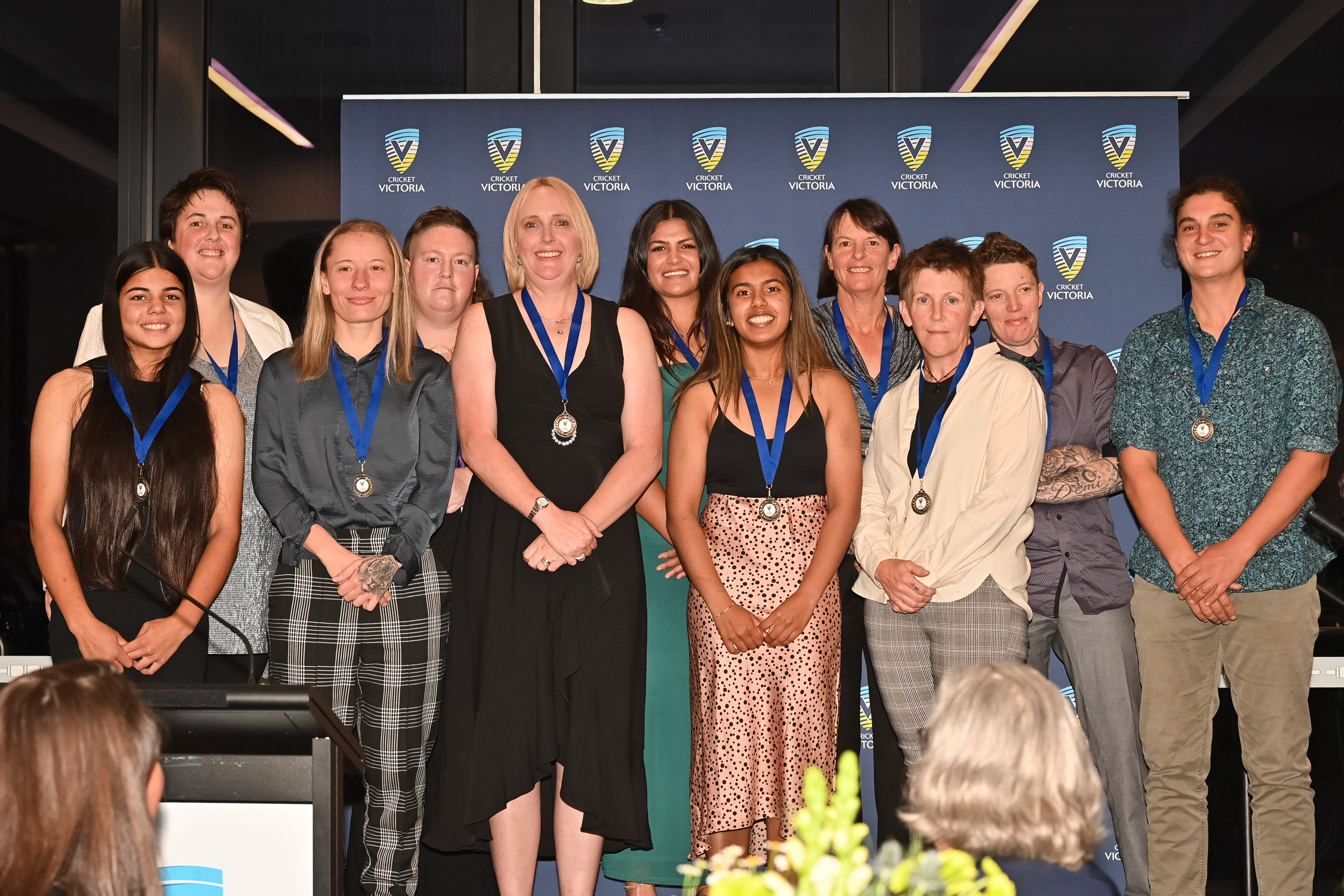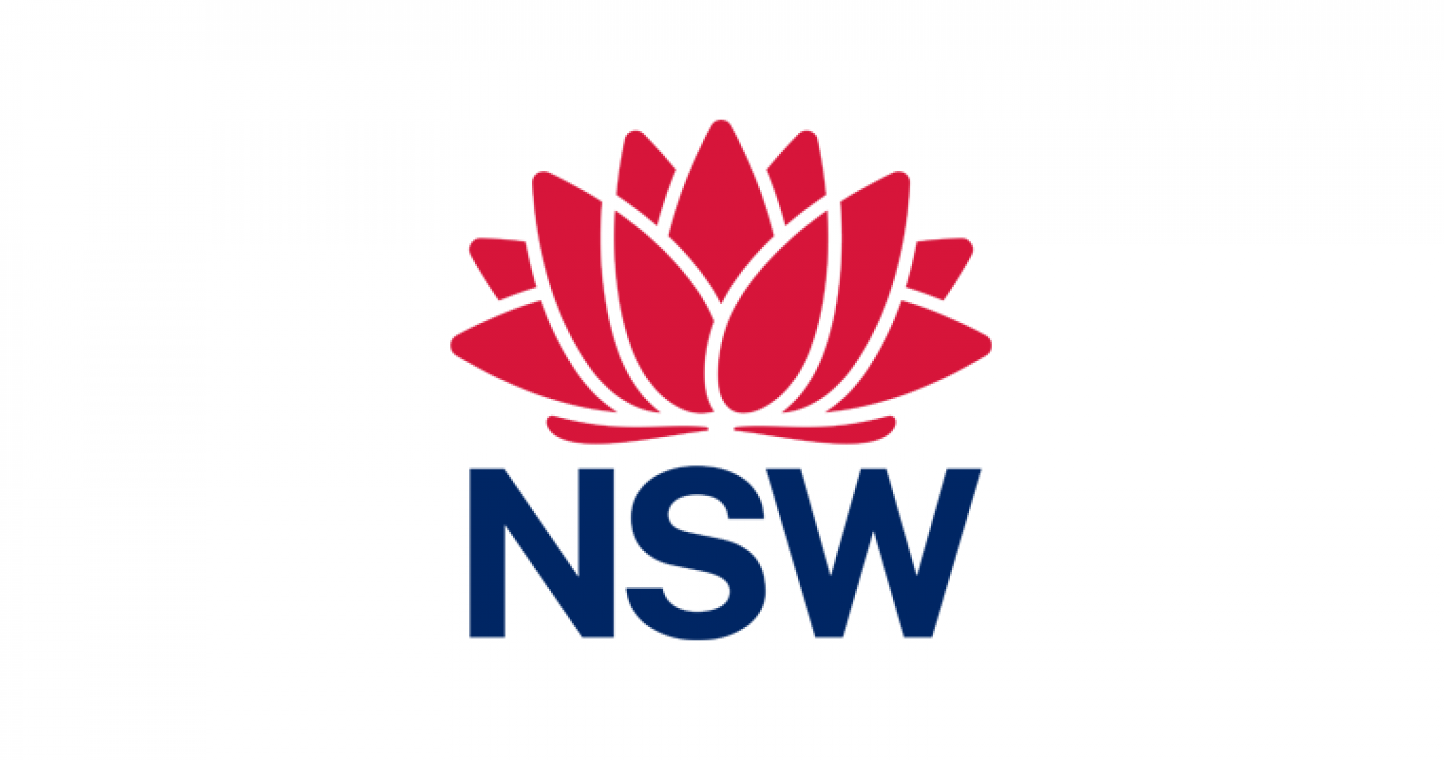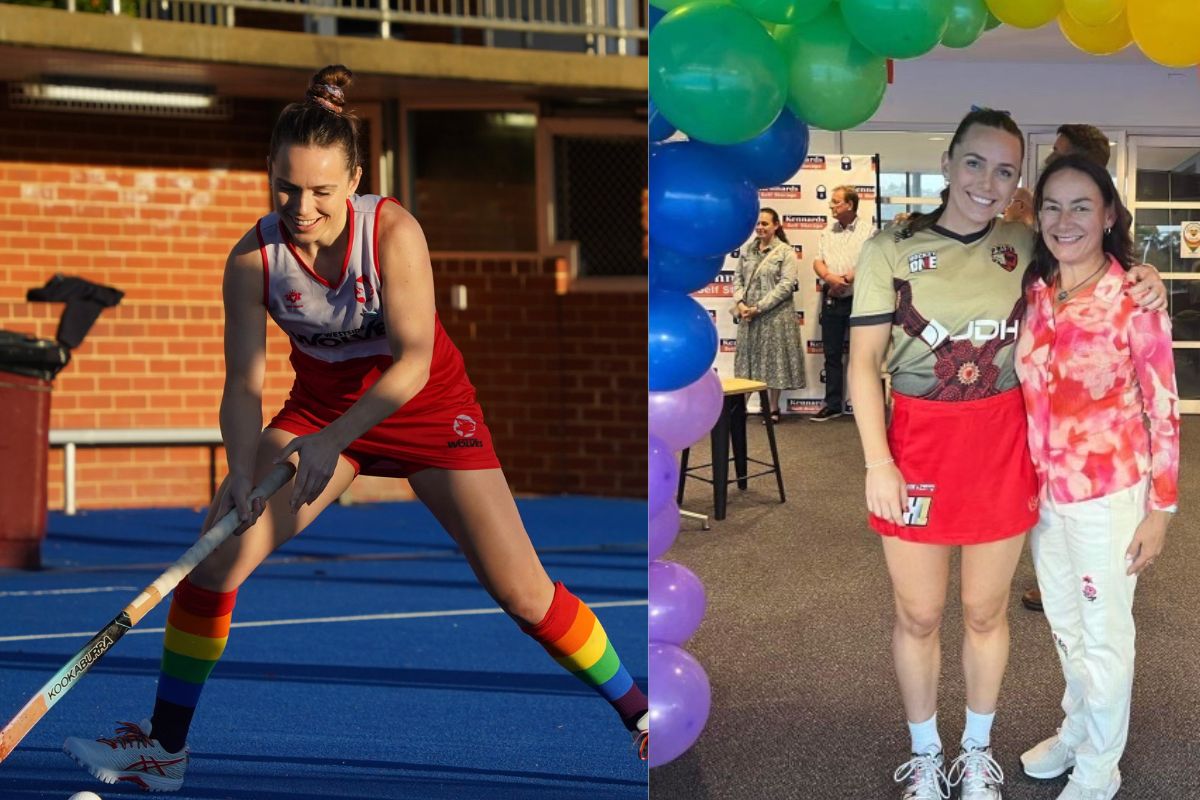Minister for Finance, Minister for Women, Minister for the Public Service
PATRICIA KARVELAS, HOST: Katy Gallagher is the Minister for Finance and Women. She’s our guest this morning. Welcome back to Breakfast.
SENATOR THE HON KATY GALLAGHER, MINISTER FOR FINANCE: Thanks for having me on, Patricia.
KARVELAS: Katy Gallagher, some of our most vulnerable won’t be seeing this as moderation at all. They’re the ones being hit the hardest. Will you commit to increasing JobSeeker in this Budget?
GALLAGHER: The Budget will be handed down in just 12 days, I think. And so obviously, that’ll be the day of the announcements of what’s in it. I can say that we’ve received those key reports – the Women’s Economic Equality Taskforce and a EIAC report. We are aware of the calls around JobSeeker and single parenting payments and they’ve certainly been part of our considerations at ERC.
KARVELAS: So, there’s sort of contested reporting on this, is it ruled out? Is any lift to JobSeeker ruled out or is it still a live option?
GALLAGHER: Well, again, the Budget will be handed down in just over a week or so, Patricia. What I can confirm is the Budget will have a cost-of-living package that is targeted to the most vulnerable. We’ve been clear about that. Obviously, some of that is the assistance and support on energy relief. We’ve had the announcements around medicines in the last day, and we are focused on making sure we can do the right thing for those that are doing it tough but within an environment where there are a lot of demands on the Budget in a lot of areas and I guess the Budget you’ll see is one that has a number of decisions that weigh up all of those different pressures and tries to find a way of accommodating that support for vulnerable people within the broader context and within a Budget that’s really strained and has pressures that are coming faster at it than they are declining.
KARVELAS: There’s a growing list of your own colleagues that have signed a letter calling for the payment, the unemployment benefit to be raised. I think we’re up to five colleagues now and I know there are others that feel this way. Are you prepared to ignore them?
GALLAGHER: Well, we listen to you know, we’ve been listening to everybody. I mean, that’s the Government’s job is to listen and consider representations as they’re coming. I don’t think it’s a surprise that there’s good people, even you know, good people in the Labor Party that are also advocating for increases in payments. That’s not surprising to me. We’ve been getting it from a whole range of people. I think my job and the job of the Treasurer, and the job of the ERC is to look at what is possible, what is the best way of providing support to vulnerable Australians within a context within a Budget that’s got a range of pressures. And not only providing cost of living support, but how we repair the Budget over time how we meet some of those challenges in defence and health and aged care and we’ve talked a lot about those and map out a growth agenda going forward. So, the Budget has to do a lot of things, a lot of heavy lifting. And we have to land a lot of decisions around that. We can’t look at one thing in isolation of a whole range of other pressures.
KARVELAS: Do you see the lift of JobSeeker as a first term Labor Government project, though?
GALLAGHER: Well, I think we said from opposition that we would look and review payments in every Budget, that that’s what Labor Governments do. And we’ve done it. We’ve been doing that through the Budget process. I think in terms of support for vulnerable Australians yeah, that is core Labor values. And you’ll see a good Labor Budget which focuses on cost of living relief for vulnerable Australians, but it’s got to do a whole range of other things as well. And that’s why we’ve been meeting for hours and hours over the last three months or so, is weighing up all of those pressures, making investments where we can, providing support where we can, not making the inflation problem worse and repairing the Budget to make sure it’s more resilient for when the next shocks come. And that’s part of why it’s been it’s a difficult process. I don’t want to pretend that these are easy decisions or easy calls.
KARVELAS: And I think that’s right that the Budget is tight. And so, it brings me to the sort of measures to increase revenue to the Budget to be able to help the most vulnerable people. Are we likely to see some significant shifts here on key policies to try to bring more money into the Budget to pay for these things? You can’t, you’re right, you can’t just keep adding items you need to do some structural reform, don’t you?
GALLAGHER: Well, we’ve made announcements about high end super balances and our focus on multinational tax and so you’ll see those reflected in the Budget. Part of my job as Finance Minister, though, is to also make sure that the money we are collecting and have available through the Budget is going to where it’s needed the most. So, we’ve also continued the work that we started in October around the quality of spending, are there areas we can reprioritise and shift within departments and looking at where we can find sensible savings. So, I wouldn’t say it’s just, well, we’ve got to make more investments therefore, we look on the revenue side. That’s part of the answer. But we’ve also got to make sure that we’re exerting discipline across our departments and across ourselves, to make sure that we are utilising the money in the way that it needs to be used with the best possible focus on outcomes. And we’ve been doing that as well.
KARVELAS: There are reports that you will increase the single parents payment eligibility to 14. At the moment it’s eight and of course, this has been a huge issue. But the Economic Equality Task Force for Women that you appointed wants it to go to 16. Why squib on those two years?
GALLAGHER: Well, again, we’ll announce our positions on and our responses really to the WEET through the Budget process. They made I think, from memory six recommendation in a letter to me, they’re still going to provide their final report I think in the next month, and we have been considering those through the Budget process. But we’re not going to be – and this works for the EIAC report too where there were 37 recommendations -we are not going to be able to do everything that those reports wanted in one Budget. Or in one term to be honest and in fact, the WEET letter, the Women’s Economic Equality Taskforce letter, actually acknowledges that as well. And they say it’s more than one Budget and it’s more than one parliamentary term to do the work that we need to do around women’s economic equality. And so, I’d just make that point. I mean, I’m not going to confirm –
KARVELAS: Okay but I understand and for me to say it on the Radio National Breakfast I must feel pretty confident that 14 is the age you’ve landed on or the Government’s likely now to announce. Can you explain to me why, why all of a sudden, you know, a child turns 14 and the needs of that household change dramatically the day after they turned 14?
GALLAGHER: Well, look, I think the position on single parenting payments at the moment has gone from 16 to eight that was a decision that was taken a fair time ago now –
KARVELAS: By the Howard Government, yep.
GALLAGHER: Exactly, by the Howard Government, so that that’s been in place for a period of time, and there have been views about how to deal with that and the impact that that change had on women particularly of whom the majority of single parents are, bringing up kids. And I guess there’s views about how to fix that. And there are varied views. There’s those that say you have to go back to 16. There’s those that will say that 12 is the place to land, which is when childcare benefits and some of the other payments stop. And then those that land in between. There are mixed views, Patricia, on this.
KARVELAS: You must have, I know you’ve modelled it, what’s the difference between 14 eligibility and 16?
GALLAGHER: In terms of cost to the Budget?
KARVELAS: Yeah.
GALLAGHER: Look, I don’t have those figures on me. I know that you know, in terms of – it’s a substantial, in terms of substantial cost increases to make any change really on the payment side.
KARVELAS: You’re a mum and you’re actually not only a mum but you’re a mum that actually lived on a single parent payment. And I don’t know in history unless you can correct me any finance minister who’s ever lived on a single parent payment. So, in that way, you are quite a trailblazer. It’s extraordinary, right? So, you get it. You also have kids. When they turned 14 and a half, it’s not like things really dramatically change. It’s still hard. You still have to feed them, right?
GALLAGHER: Yeah, and you’re right. I did live on that payment. It changed my life. It saved me. It gave me the support I needed to get myself together, to look after my baby and to get back into work. So, I 100% understand the importance of these payments. They are life changing and so important. And, you know children, costs for children do, you know, they are there. I mean, I’ve got a 25-year-old, right? She’s pretty independent. But children don’t just stop needing their parents or needing –
KARVELAS: And in fact when they’re teenagers, this is the thing that I think is often missed. They’re at the most acute need sometimes for their parents. And yet that’s when these payments come off. I mean, a 15-year-old needs their mum, don’t they?
GALLAGHER: Well, yes, of course. I mean, you know, teenagers, I’ve got a couple at home right now. That you know, it’s a different type of parenting to the parenting that happens when you’ve got babies or when you’ve got little ones under 10, for example. It’s a different style of parenting, having gone through it three times now, but I accept, and I don’t think anyone would pretend that costs just end at any particular year. But I would say again, that in terms of the parenting payment single, we are, you know, it’s been before us. It’s been before us through recommendations. There’s a range of views about what the appropriate response to it is. And, Patricia, as much as you have pressed me today considerably as I expect you to do, any announcement around our position on all of these pressures that are coming to us would be in the Budget in 12 days’ time.
KARVELAS: Should people expect an increase to rent assistance, is that under active consideration given there is a crisis in rental prices? Anglicare says the rental market is in crisis.
GALLAGHER: Well, these are also two recommendations that have come through those reports we talked about earlier. There will – I’m not here to say what we are going to do or what we’re not going to do –
KARVELAS: Do you think people now help with rents?
GALLAGHER: We absolutely accept that there is a huge pressure on people who are renting at the moment. I know that this will be something that will be talked about at National Cabinet in terms of the states and territories and Commonwealth looking at housing in general. I would say from my point of view, the sooner we can get Housing Australia Future Fund through the Senate and that money flowing the better because ultimately, the area where the Commonwealth can significantly assist and help states and territories is in need additional supply of housing particularly at the social and affordable end and that’s exactly what the Housing Australia Future Fund is targeted to do and we need it through the parliament so we can get going on it.
KARVELAS: Minister, thank you for enduring my grilling. I’ll speak again.
GALLAGHER: Thank you for the work out, Patricia.








